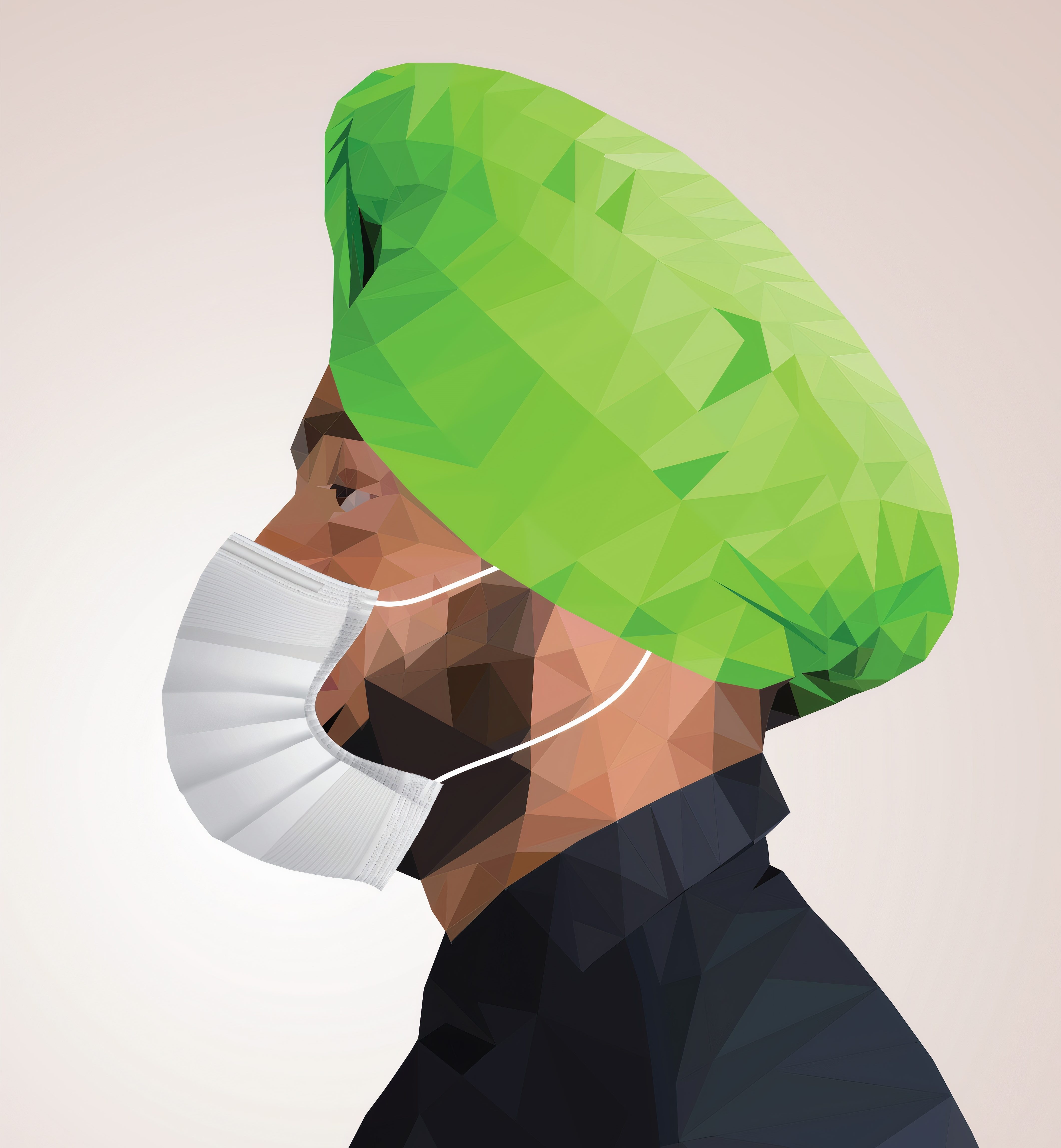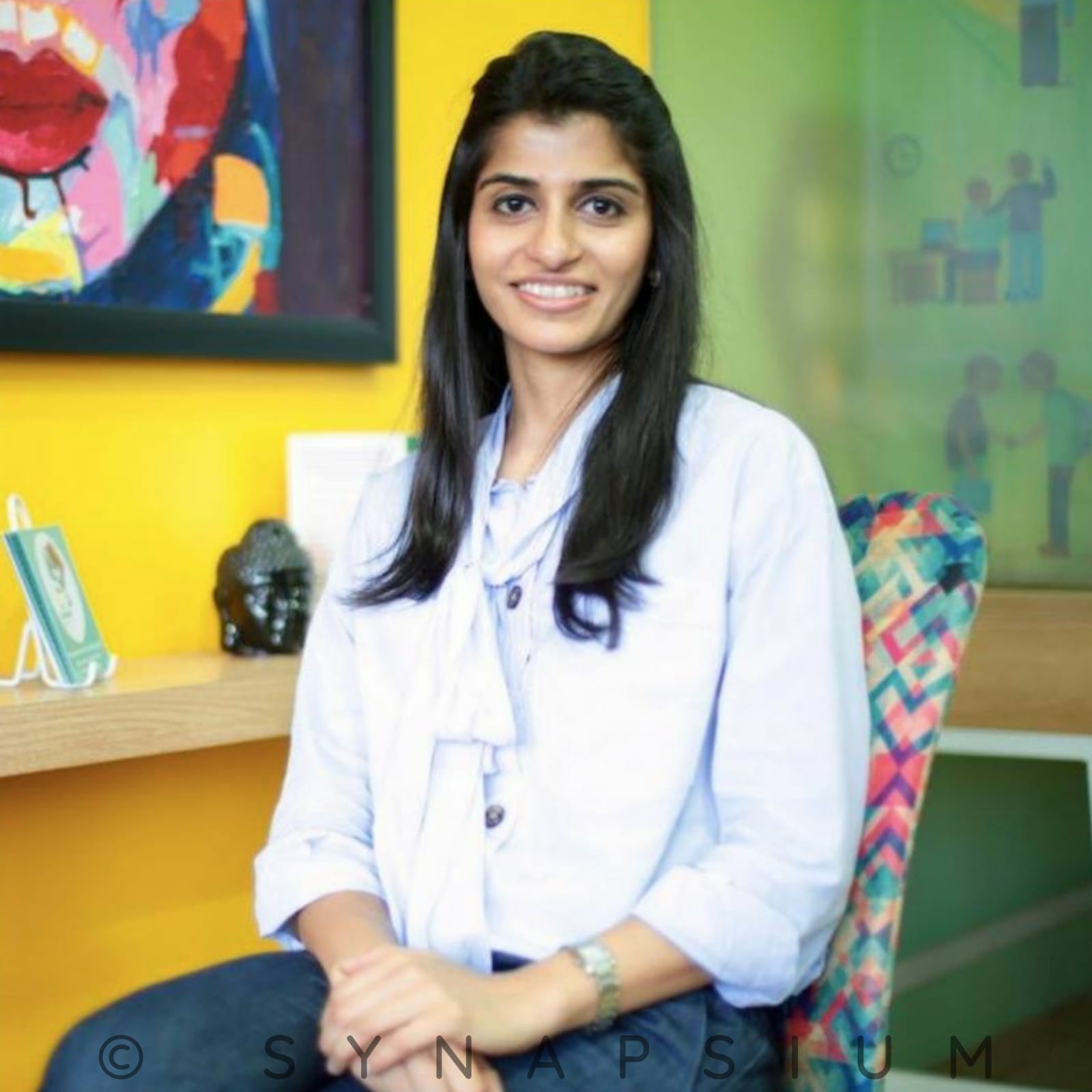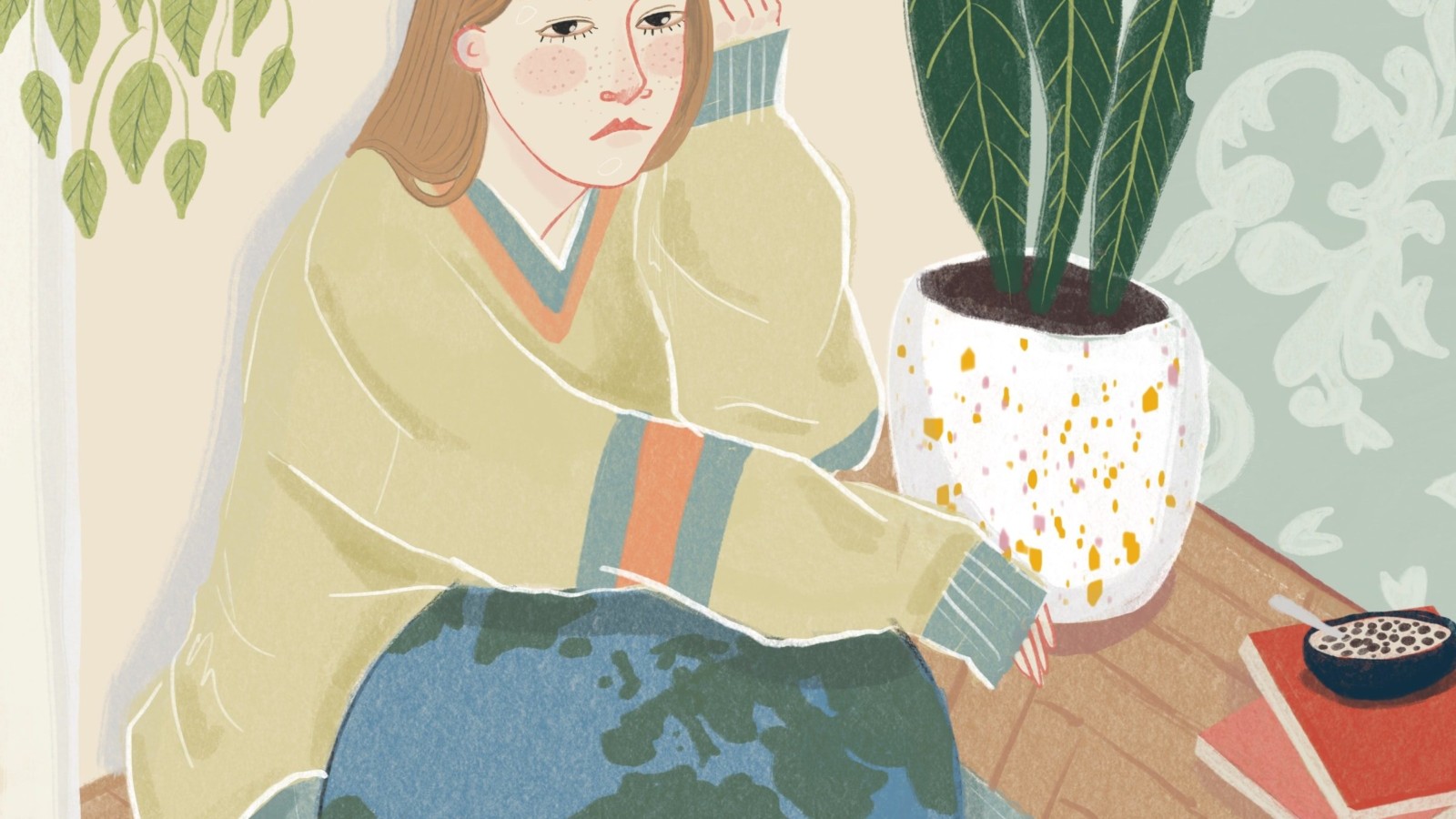A part of the current population has seen two wars, a few natural disasters and several acts of human violence. Another strata of our younger population have been fortunate enough to have only faced the natural disasters and human violence.
These are commonly understood traumatic experiences unlike a situation such as the current pandemic. There is no precedent of anything similar to a lockdown of six months following a pandemic that plagues the whole planet without prejudice. The collective experience of this traumatic occurrence saves us from feeling isolated however; it also builds immense fear and reveals the helplessness of the whole human race.
The lockdown in India officially commenced on 24 March 2020 leading to an abrupt and drastic alteration in our lives, leaving many people without work, stuck at home and some, in cities far away from their loved ones. Reduction of the health impact was the government’s primary focus followed by reforms for the economic burden of Covid-19. However, this illness and the consequent lockdown came with numerous psychosocial and mental health implications too, for which, it is the community’s responsibility to educate themselves and seek help when needed.
Several emotional disturbances and mental health outcomes have come as the normal reaction to this sudden change in our daily routine.
Depression is an illness with symptoms of intense sadness, hopelessness, helplessness and loss of interest in enjoyable activities.
Anxiety is the fear of impending doom and stress is an uncomfortable emotional strain. Fear, anxiety and anticipatory stress have led to added mental health concerns and a significant decline in our quality of life. A vicious cycle of poor health choices and unhealthy coping mechanisms like, excessive use of technology, increased alcohol consumption, limited social interaction, reduced physical activity and mental stimulation have worsened the psychological impact of the pandemic.
However, the impact is likely to be the heaviest on those who have preexisting psychological difficulties. Depression is an illness with symptoms of intense sadness, hopelessness, helplessness and loss of interest in enjoyable activities. Generalised anxiety disorder, PTSD, suicide, sleep disorders and abuse are also likely to have increased substantially.
Some of our healthiest coping strategies come from reflecting on, and understanding what bothers us the most about life’s challenges.
Another struggle, which has been easily missed, is a subtler existential concern. Majority of adult individuals haven’t spent time with themselves without distractions like, hobbies, technology, socialising outings, and travel. Sitting with oneself without distractions puts one in a typically difficult predicament of acknowledging difficult thoughts, not-the-most benign motivations and undiscovered personal values. It forces one to come face-to-face with smokescreens of excuses that have been perfected over the years and take a closer, more discerning view of themselves.
No matter how full of effort the adjustment and inaccessible the inner strength and resilience; these skills are the foundation of constructive stress management and the ability to remain positive during such trying times. Some of our healthiest coping strategies come from reflecting on, and understanding what bothers us the most about life’s challenges. Often, we are unable to alter the external situation and have to rely solely on the might of our internal worlds!

Tips to cope with these Covid times:
- Create a new routine: notice when you’re drifting away from it
- Sleep well: quality is as important as quantity
- Limit news intake: read other sections of the news along with covid, if you must read about the pandemic
- Keep yourself well-informed from reliable sources (such as WHO, CDC websites) to avoid falling prey to rumours
- Reach out and remain in contact with loved ones
- Allow yourself to experience fear, irritability, and helplessness
- Identify aspects of your life experiences you are grateful for: without comparing them to other people’s lives
- Exercise regularly and feel the benefits of movement
- Recognise unhealthy use of substances (alcohol, drugs, nicotine, caffeine)
- Altruistic activities build positive sentiment for both parties involved so identify how you might be able to help — animals, organisations, or individuals.
- Seek help as soon as you feel the need: trusted family or friends and professionals too.
Tips and techniques to build resilience:
Resilience is an ability to help us cope with adversities and bounce back from stressful situations in life.
- Practice acceptance of emotions such as fear, anger, and sadness
- Learn how to express these emotions in productive ways and be compassionate towards yourself as you do
- Accept setbacks and view them as learning opportunities without avoiding problems
- Recognise frustration and fatigue to fuel perseveration and motivation
- Learn skills of overcoming challenges through books, movies and other people’s experiences
- Build meaning and purpose into activities to help you move past obstacles
- Ask for help and provide support too
- Sit in silence and acquaint yourself with your thoughts and emotions


